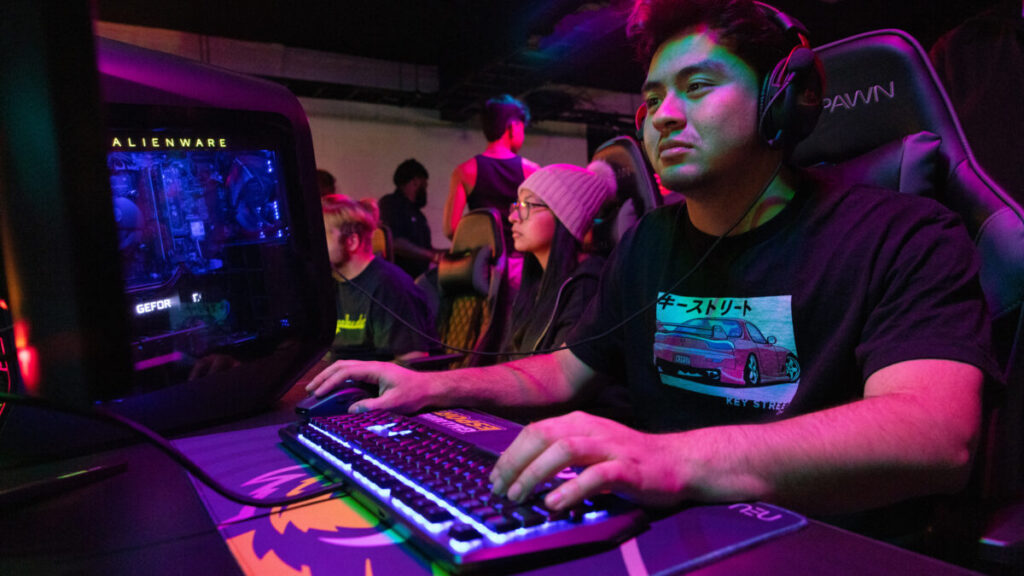
Collegiate esports programs, which allow students to compete in organized video game tournaments as part of their college experience, have the potential to play a significant role in promoting diversity and inclusion on campus.
Here are three ways in which these programs can contribute to a more diverse and inclusive campus community:
Broadening participation
Esports programs can provide a way for students who may not have traditionally been involved in extracurricular activities to get involved and feel a sense of belonging on campus.
This can be especially beneficial for students who may feel isolated or excluded due to their race, ethnicity, gender, sexual orientation, or other factors.
Encouraging inclusivity
Collegiate esports programs can also help to promote inclusivity by creating a welcoming and inclusive atmosphere.
This can involve actively recruiting and supporting a diverse group of students, as well as promoting values such as respect, tolerance, and teamwork.
Boosting visibility
The popularity of collegiate esports programs has led to increased visibility for participating schools.
This can provide a platform for schools to showcase their commitment to diversity and inclusion, and can help to attract a more diverse student body.
Overall, collegiate esports programs have the potential to play a significant role in promoting diversity and inclusion on campus. By fostering a sense of belonging, encouraging inclusivity, and boosting visibility, these programs can help to create a more diverse and inclusive campus community.

